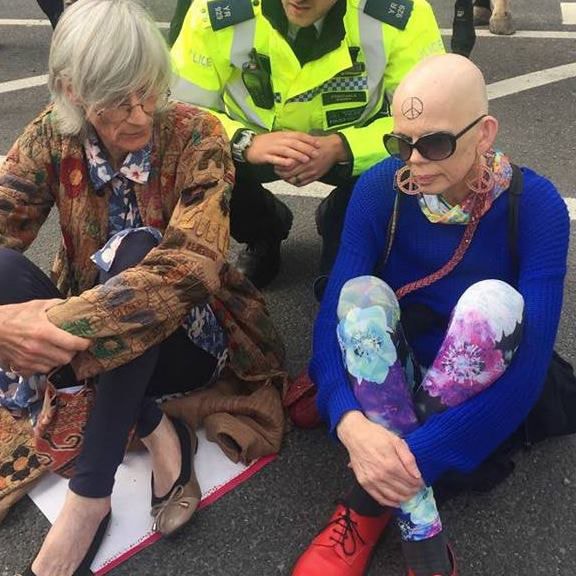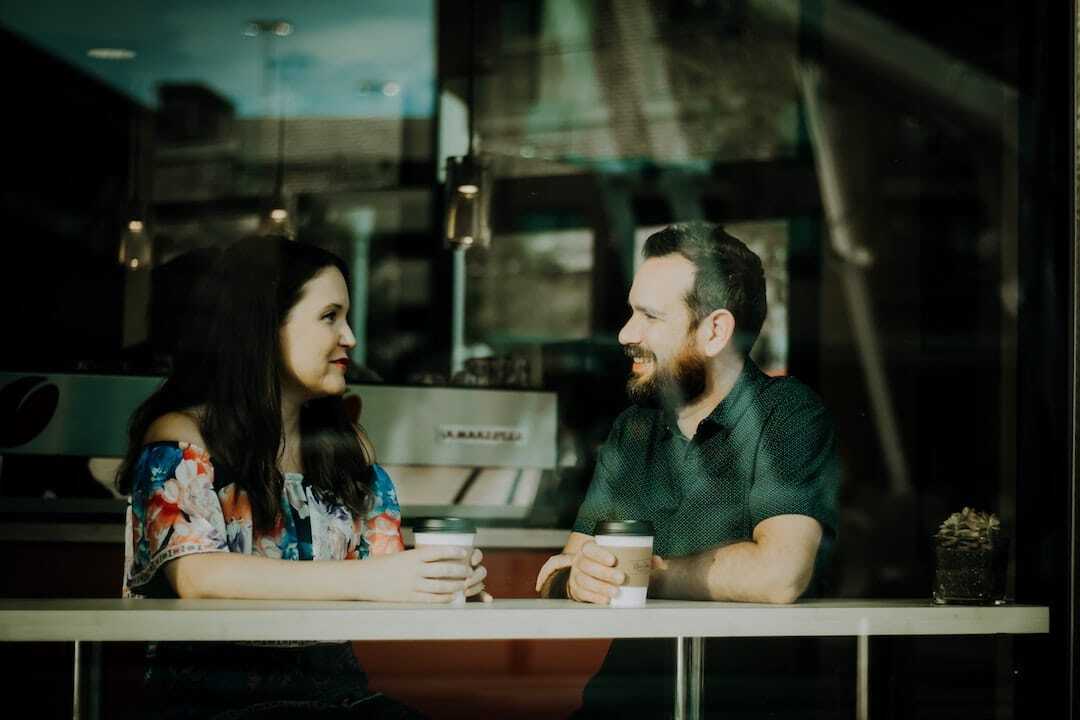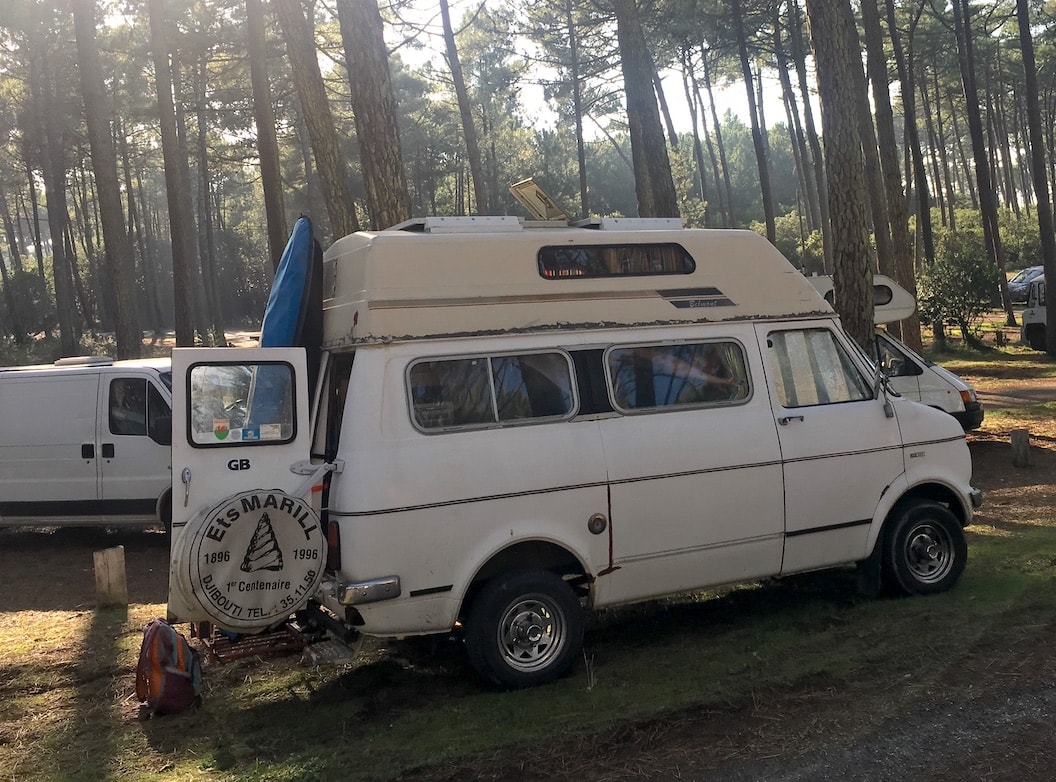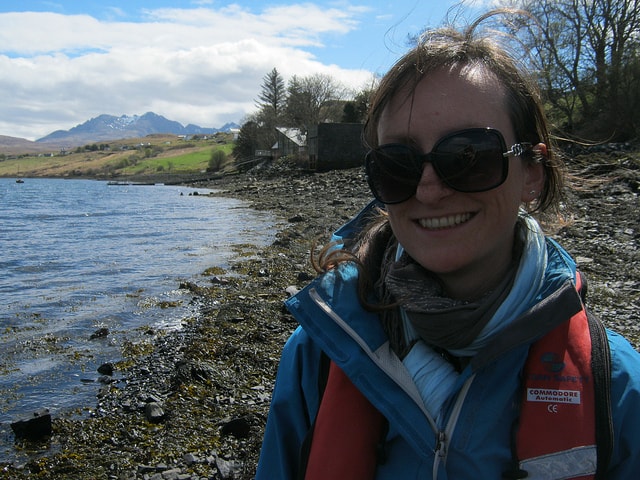It’s January 2009 and I’m trekking through the wild snow-bound wastelands of Luton.
There’s a pack on my back and every step I take sinks my sodden shoes into the grey mush that has coated the dual carriageway to the airport.
I know my flight is cancelled, but I also know that, if I’m to have even a slim chance of claiming my money back, I need to present myself in person at the check-in desk.
I was supposed to be visiting my best friend in Bordeaux. Instead, I treat myself to a Boots meal deal, fill out the claim form and trudge back out into the gloom, wondering if I can use both parts of my period rail return on the same day.
It’s got all the makings of a familiar and rather dull story: total transport breakdown at the first sight of snowflakes, a miserable wait in a serpentine queue, departure boards flashing DELAYED, DELAYED, CANCELLED.
All I wanted was to visit my friend Dan and all I got was wet feet and a BLT on malted bread. In my impotent rage, I curse the blameless clouds, airline staff and entire municipality of Luton. How dare they? I’d do anything to see my friends, anything!
My curses fall on the professionally deaf ears of airport customer service and I stomp back to bed. When I’ve calmed down, though, I wonder – would I really do anything? To find out, as soon as the snow has melted and the first tulips have broken the soil, I cycle to Bordeaux.
*****
In April 2009, I wasn’t much of a cyclist.
I didn’t even have a bike. Over that winter, I’d been borrowing my dad’s for the nine mile cycle to work (when it wasn't snowing). But those couple of months were the full extent of my cycling experience in the twelve years since I turned fifteen and discovered first laziness, then the motor car.
I’d been to Bordeaux a few times before, each time loading myself up onto an EasyJet flight in Luton and unpacking myself an hour or two later onto the resplendent tarmac of finest French wine country. This time would certainly be different. I borrowed my friend’s bike, packed tubes, tools and tape into my panniers and wobbled off down the road alone, into the overcast sweat of a ninety mile cycle to Portsmouth, for the ferry to St Malo.
It’s always easier to keep on doing what you’ve always done than to make a change. It would have been much easier for me to keep on flying than to start cycling hundreds of miles whenever I wanted to travel. But I was pissed off with relying on other people: I wanted to see what I was capable of. That gave me the motivational kick up the bracket that I needed to change and do something different.
As an added bonus, I thought I’d see much more of the world than from an aeroplane seat (including, as things turned out, a little bit too much of Basingstoke).
It’s always easier to keep on doing what you’ve always done than to make a change.
Ten days and 547 miles later, I arrived in Bordeaux covered in blood, oil, rain and sweat. We drank the night away, playing pool in a giddy haze of back-slapping and congratulatory crêpes. I’d proved to myself that I can live without aeroplanes – no, that's not right – I thrive without aeroplanes.
I’d proved to myself that I can live without aeroplanes – I thrive without aeroplanes.
My parents are great travellers, once hitch-hiking all the way from London to Sydney, Australia. They’ve been a little more tied down since me and my sister were born, but I took my first flight aged just three months. Since then, I’ve flown to 33 different countries on 77 aeroplane flights. But finally – after plodding through 77 passport controls, 77 departure lounges, 77 immigration queues, 77 customs halls, 77 baggage carousels and 77 arrival halls – cycling to Bordeaux has taught me that flights aren’t holidays.
Cycling to Bordeaux taught me that flights aren’t holidays.
Yet you could be forgiven for thinking that they are essentially equivalent – if you’ve only got two weeks in July, then you probably don’t want to spend it in the Ramsgate rain, so you go to Spain, mainly on the plane. Since the 1970s, sunshine-seeking British holiday-makers have transformed the foreign holiday, complete with return flights, from a luxury into a basic necessity of modern life.
In 2017, UK residents took 46.6 million holidays abroad, up ten-fold from 1971, and we flew for 39.7 million of them, over 85%*. The proportion of holiday-makers who fly is rising. Conclusion: everyone wants to holiday abroad and, to get there, nearly everyone flies. But why?
Everyone wants to holiday abroad and, to get there, nearly everyone flies. But why?
There are some obvious and not-so-obvious answers to that question. I’ll start with the obvious: it’s quicker to fly (unless you're lucky enough to live near and are travelling somewhere with a high speed train terminus). Incredibly, but no less obviously, it’s also cheaper to fly. One way to Bordeaux by bike cost me near enough £240 in calorific fuel alone; a flight would have been £60. Ridiculous.
But here’s the not-so-obvious answer to my question: everyone flies because everyone flies. Aeroplanes aren’t the only things that can run on autopilot.
I haven’t taken a flight in over six years. But before you throw your hands up in horror, I have to reassure you: giving up aeroplanes doesn’t mean giving up travel.
Since going planeless, I have travelled further and more often than ever before. I’ve hitch-hiked the length and breadth of Britain, cycled to the Sahara, sailed the Jurassic Coast, taken buses to Vienna and Amsterdam and trains through France, Germany and Spain, made Christmas pilgrimages to the great cathedrals of Winchester and Canterbury and driven to Calais to play cricket against Afghans. I’m confident none of these adventures would have happened if I’d carried on using aeroplanes.
Since going planeless, I have travelled further and more often than ever before.
If these land-bound escapades have taught me anything it is the grateful humility to entrust myself – my health, happiness and humanity – to the kindness of strangers. In contrast, aeroplane tickets seem to make us believe that we have a god-given right to travel (St Thomas of Cook, perhaps). That’s why I got so angry when my flight was cancelled: aeroplanes encourage an acquisitive attitude towards travel. We buy a plane ticket and expect to be there now. Not only is this unrealistic, but it also makes us ungrateful travellers.
Our choice of transport is about much more than how we get from A to B. Rather, our choice of transport is the decisive factor in the kinds of situations we get into, how we behave in those situations and, as a result, the type of person we become.
Aeroplanes cruise at 10 kilometres above the surface of the earth. From that altitude you might get the gist, skimming over the big picture, but you miss the details. The way that we do things becomes who we are.
If we choose to use aeroplanes, then we must realise that aeroplanes will influence who we are becoming. I'll leave it up to you to think about whether that influence is, on balance, positive or negative, but I would urge you to at least explore its opposite, No Aeroplanes. You literally don’t know where you’ll end up.
* stats from ONS
You can read more from David at www.davidcharles.info




